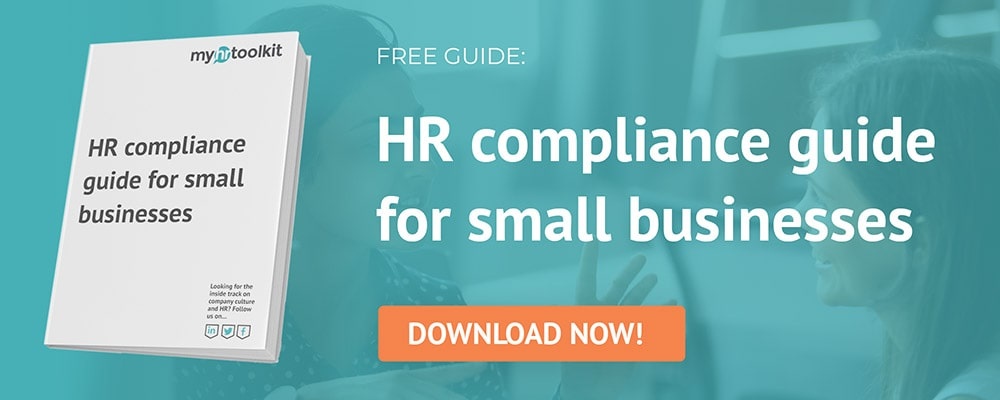How will the Employment Bill, proposed back in 2019, affect small businesses when - and if - it is introduced? Solicitor Toby Pochron dives into the Employment Bill and what SMEs need to consider.
One of the lasting impacts of the pandemic is the renewed focus on employee rights; this is reflected in the recent report from the ONS in which 84% of workers who started working from home during the pandemic stated they planned on a mixture of working from home and in the office moving forward.
So, how is the legislation changing to reflect this trend? In 2019 in the Queen’s speech, it was announced that there would be a new Employment bill which would afford employees new rights and protections.
What is the Employment Bill?
The Employment Bill as it currently is proposed would mean the following becomes legislation:
- Flexible working as a day one right: at the moment, an employee requires 26 weeks’ service before they can make a formal flexible working request. The bill would remove this requirement.
- Higher levels of protection from redundancy for employees taking parental leave: it is proposed to extend the requirement to prioritise alternative employment offers in redundancy situations for pregnant employees and for up to 6 months after a return from leave. This would afford similar protection to parents returning from adoption and shared parental leave.
- Workers to receive their tips: the changes would require a more transparent and fair distribution of tips.
- Unpaid carers leave: this would allow working carers to take up to 5 days of unpaid carers leave each year.
- A new enforcement body: this would act to create a single enforcement agency which would then be able to enforce statutory sick pay and holiday pay.
However, it may be the case that when it comes into force it may look slightly different to the initial proposed scope.
When will the Employment Bill be introduced?

Although this Bill was first announced in 2019 in the Queen’s speech, it was markedly absent from the speech given by Prince Charles this year and it would appear that the Bill may have fallen off the priority list for the government for a while.
However, with the close of the consultation on flexible working in December 2021, it appears hopeful that the findings from this consultation alongside the calls for the Bill from the Trades Union Congress and the Recruitment & Employment Confederation may prompt some movement. Which, unfortunately, is a long way round of saying, with the best will in the world, it is impossible to say when this Employment Bill will come into force.
What do small businesses need to be aware of?
The lack of this bill may lead to companies driving standards of employment down instead of up, which gives small businesses the chance to take the initiative and make the proposed changes to their own policies and practices. Making these changes now takes advantage of the amount of movement in the job market and opens the door to encourage strong talent who normally may go to larger companies. Employees are looking for employers who will support them and it is a great opportunity for smaller companies to step up.
Other legislative changes to be aware of include:
- Authority to sign fit notes extended: to help alleviate the pressure on GPs, from July nurses, occupational therapists, physiotherapists, and some pharmacists will be able to certify and issue fit notes so long as they are registered with the relative governing body.
- Data protection update: on the horizon there is new guidance from the Information Commissioners Office which will be the first update since 2018.
So, while the Employment Bill may not be moving into law imminently, it is key to be keeping up to date with other changes and looking for opportunities to be ahead of the market with what benefits and support your business offers.
Read more from the myhrtoolkit blog
Which benefits and perks do employees want most post-pandemic?
What can small businesses learn from the impact of COVID-19 restrictions?

Written by Toby Pochron
Toby Pochron is a Senior Associate in the Freeths LLP Employment Law department. He was a Partner in the Employment Law department of Ironmonger Curtis.


 Holiday Planner
Holiday Planner Absence Management
Absence Management Performance Management
Performance Management Staff Management
Staff Management Document Management
Document Management Reporting
Reporting Health and Safety Management
Health and Safety Management Task Management
Task Management Security Centre
Security Centre Self Service
Self Service Mobile
Mobile




